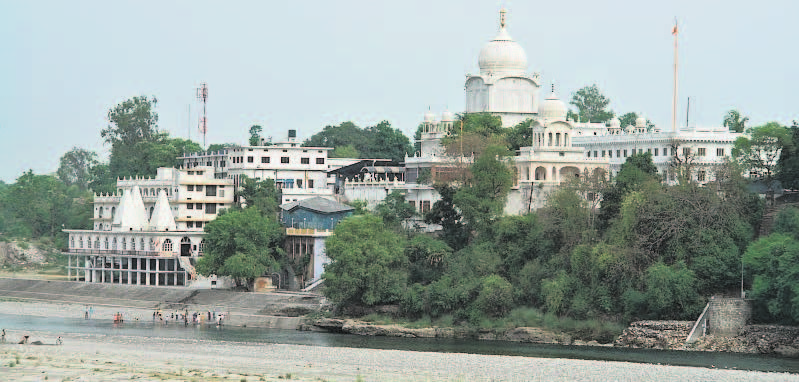
WASHINGTON (TIP): Pakistan has appointed as its ambassador to the United States an envoy who was once expelled from New Delhi for “indulging in activities incompatible with his official status.” Typically, that’s officialese for spying, but in that 2003 episode, Jalil Abbas Jilani was packed off from New Delhi for allegedly supplying cash to the Hurriyat leadership. Jilani, currently Pakistan’s foreign secretary, has been named by the Nawaz Sharif government as the country’s ambassador to Washington, filling a high-profile post that has remained vacant for several months after the resignation of Sherry Rehman, who was appointed by the Zardari-Bhutto’s PPP and who quit when the new Sharif’s PML came to power. Jilani’s appointment comes just ahead of Sharif’s visit to the White House on October 23 on an invitation from President Barack Obama as the two countries attempt to revive a relationship that has gone into steep decline in recent years.
Pakistan is clearly out of favor in Washington DC because of its inability or unwillingness to act against terrorism that it has engendered as a state policy. Even its most ardent supporters and apologists in the administration, on the Hill, and in the think-tank circuit, seem to have a bleak view of the country and its future. A typical Pakistan-related event based on one of the many dismal, negative themes and books on the country will take place next week when Council of Foreign Relations’ Senior Fellow Daniel Markey will launch his new work “No Exit from Pakistan: America’s Tortured Relationship with Islamabad.” While a few well-wishers on both sides keep up the fiction of an alliance, Markey sees it as a dead-end relationship in which American and Pakistani policy makers have been condemned to agony in the same way as the sinners in John Paul Sartre’s play No Exit discover their hell is a room where they antagonize one another forever. “Like Sartre’s sinners, the United States and Pakistan have tormented each other for decades, if in very different ways,” Markey writes. “Both sides believe they have been sinned against. Even at high points in the relationship there were still underlying irritations and disagreements that got in the way of building any sort of strong, sustainable cooperation.”
But like many other Washington pundits, he too believes the United States has important national security interests in Pakistan, and “both countries will have to cooperate even as the relationship evolves.” The Sharif-Jilani combine will have an uphill task of changing the discourse, which depends on how free they are from the stranglehold of the country’s military. For a change though, it will be the first time in nearly a decade that Pakistan has posted a career foreign service official as its ambassador to Washington. Jahangir Ashraf Qazi (2002-2004) was the last career diplomat who served as ambassador. He was succeeded by General Jehangir Karamat and Gen. Mahmud Ali Durrani, followed by Hussain Haqqani and Sherry Rehman, both PPP political appointees. Jilani meantime has kissed and made up with New Delhi, where he counts many friends despite the 2003 contretemps. He has visited India many times since then and has even met BJP leader, L KAdvani, who was the home minister when Jilani was expelled. In fact, it is a measure of New Delhi’s inconsistent approach to Pakistan that Jilani was even allowed to meet the Hurriyat leadership some years after he was expelled for bankrolling them.




Be the first to comment